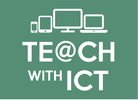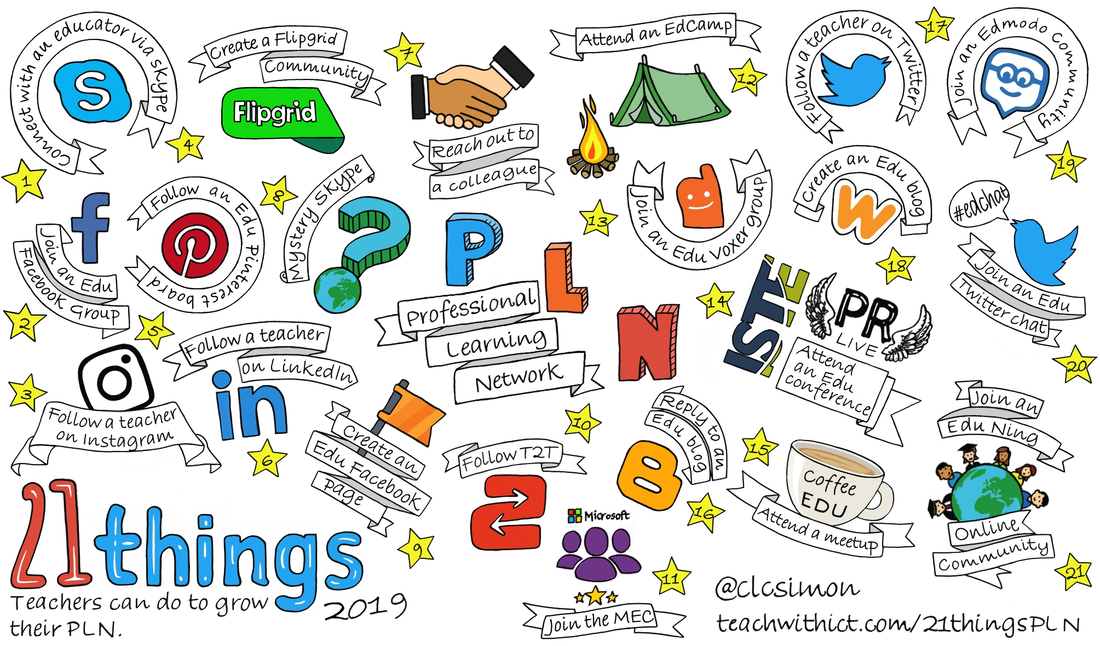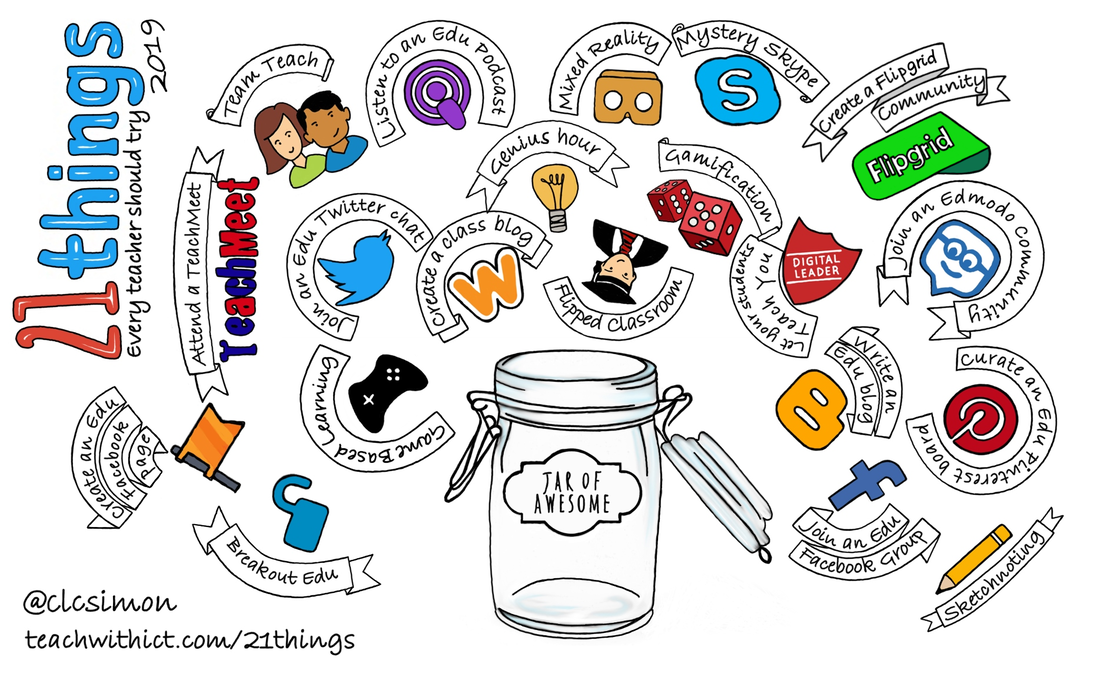21 things teachers can do to grow their PLN (Professional Learning Network)!
Reading time: 5 mins
As teachers, we all want to make a positive impact on the students that we teach. That is why we are always striving to improve our practice by seeking out new ideas/methodologies, heavily investing in classroom technology and constantly updating our teaching resources. One way I have found to keep my teaching ‘alive’ and ‘fresh’ is to connect with other educators.
Becoming a better connected educator is becoming more & more easier - especially if we leverage the power of Social Media. However, whilst It's impossible to ignore the potential benefits of using social tools such as Twitter, Facebook and Pinterest to connect with like minded professionals and to share best practice / resources, we should not ignore those possible connections closer to home, whether that be collaborating with a colleague or attending a Teach Meet.
So, what does it actually mean to be a connected educator and how does one become ‘connected’?
What does it mean to be a connected educator?
Becoming a better connected educator is becoming more & more easier - especially if we leverage the power of Social Media. However, whilst It's impossible to ignore the potential benefits of using social tools such as Twitter, Facebook and Pinterest to connect with like minded professionals and to share best practice / resources, we should not ignore those possible connections closer to home, whether that be collaborating with a colleague or attending a Teach Meet.
So, what does it actually mean to be a connected educator and how does one become ‘connected’?
What does it mean to be a connected educator?
- Sharing ideas with like minded educators from around the world - By being a connected educator you are not hindered by distance.
- Personalised learning for teachers.
- Collaborating with other like minded professionals!
- Globally connecting your classroom - By being a globally connected educator, you are ensuring you have a connected classroom that is socially integrated.
“Being a connected educator gives you exposure to new ideas to use with students that you never would've thought of on you own!” - J. M. Varner (@JMVarnerBooks)
What are the benefits of being a connected educator?
- Enables you to reflect and question your own practice.
- Results can be almost instantaneou
"I saw something on Twitter last night and used it in the classroom next morning." - @Edubloke
- Ability to connect with a global audience - also gives students a greater audience for their work.
- Gives you a feeling that we are all in it together!
- Gives the teacher an insight into how students are connecting with the world around them.
- One stop shop for personal / professional development.
- Access to a diverse range of people who all share fantastic, practical ideas!
“Being connected has enlivened my teaching through shared ideas and led me to great practitioners - some of whom are now friends!” - Angela Goodman (@goodman_ang)
There is no doubt in my mind that being a connected educator has had a profound impact on my teaching! It's for this reason that I’ve created the #PLN challenge, in the hope that others will benefit in the way I have!
Introducing 21 things teachers can do to grow their PLN!:
The idea behind the #PLN challenge is to provide some easy ways to help educators to become better connected!
Use the links below to help you get started on your #connectEd journey:
The idea behind the #PLN challenge is to provide some easy ways to help educators to become better connected!
Use the links below to help you get started on your #connectEd journey:
- ,Connect with an educator via Skype in the classroom.
- Join an education Facebook group.
- Follow a teacher on Instagram.
- Create a Flipgrid Community.
- Follow a teacher / edu board on Pinterest.
- Follow a teacher on LinkedIn.
- Reach out to a colleague.
- Organise a Mystery Skype.
- Create an education Facebook page.
- Follow T2T (Teacher to Teacher)
- Join the MEC (Microsoft Educator Network).
- Attend an EdCamp.
- Join an education Voxer group.
- Attend an education conference.
- Attend an education meetup.
- Reply to an education blog.
- Follow a teacher on Twitter.
- Write and publish an education blog post.
- Join an Edmodo PD group / community.
- Join an education Twitter chat.
- Join an education Ning, forum or online community.



